
Category: RLF

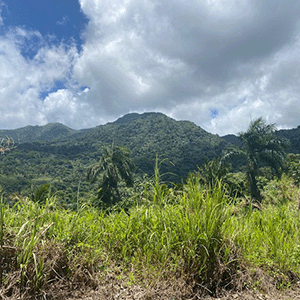
Care and Crisis: Imaginations of the Unincorporated in Puerto Rico
This project explores imaginaries of care and identity in Puerto Rico through a simultaneous attention to movements for Puerto Rican independence and social work spaces. It explores how care takes on new meanings as politicians, individuals, and organizers deploy it to different ends in their imaginings of the Puerto Rico to come and the kind of belonging the island will occupy. Therefore, this project will explore the dynamic relationship between belonging and breakdown – how interventions of care are used as acts of self-fashioning, particularly as indications of the “good” state in the formation of a new national body (whether more deeply embedded in, or independent from, the US).
Further, in engaging the discipline of social work, this study will examine how the hopes and failures of community are imagined and enacted within the clinical space. Whether through psychological intervention, public advocacy, or support services, the role of the social worker is often positioned to lessen the burden of breakdown by shoring up community connectedness – to create a social strong enough to accommodate institutional failure. Through ethnographic work which places these stories in conversation, I am interested in how community is built and seen to fail, and thus how relation is imagined in the wake of historic and continued inequity on the island.
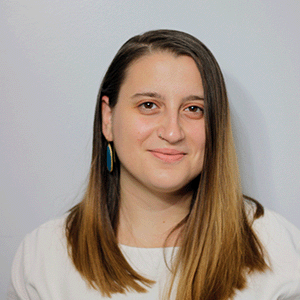
Ambiguous Politics of Care: Syrians’ Uncertain Life in Turkey
Begüm is broadly interested in understanding the kaleidoscopic interactions between the state, humanitarian aid organizations, and households by investigating the politics of care and alternative care practices in everyday life of Syrians in Turkey. Rather than simply document and reiterate the victimized narratives, Begüm proposes pondering on the psychic life of Syrians as intersubjective processes that are entangled with the state’s inconsistent and ambiguous politics of care and humanitarian aid organizations’ assumptions about traumas as completable and predictable trajectories. Also, her research aims to explore Syrian families’ phenomenologies and somatic experiences of displacement and investigate the self-narratives of subjects and abjects of care systems to trouble a linear and coherent understanding of victimhood and suffering. Putting psychological, political, and medical anthropology into dialogue, Begüm seeks to probe political violence and its material and immaterial reverberations as an ongoing set of processes contingent upon uncertain and temporary engagements of the past, present, and imagined future.
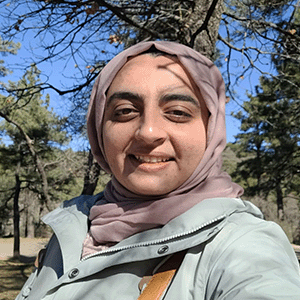
Charm Offensive: Counterinsurgencey, Youth and Everyday Life in Kashmir
Anthropological studies of counterinsurgency and militarism show how liberal states often disguise war-making through apolitical projects of humanitarianism, aid, and development to win the hearts and minds of civilian populations. In Indian administered Kashmir, a range of new militarized projects characterized as “perception management” and “de-radicalization” strategies specifically target youth populations affectively, socially, and behaviorally. Through a multi-sited ethnography across three districts of Kashmir, my project examines how Kashmiri youth experience and engage in these programs of militarized recreation, which includes sports training, and skills development programs. This project examines militarized recreation as a subject-making apparatus, shows how spaces of leisure are newly militarized through covert forms of state violence and traces how youth themselves navigate these spaces to cultivate bodily practices and desires.
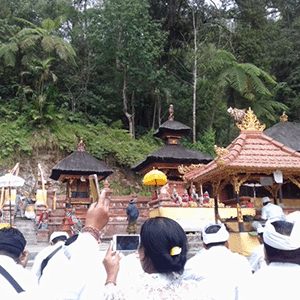
Affective Minds: “Madness”, Morality, and Emotions in Rural Bali
The island of Bali in Indonesia has established itself as a hub for international cooperation and transnational mental health experts. This project, focusing on Bali, investigates the illness experience associated with severe psychiatric disorders as intertwined moral, cognitive, and emotional processes and contributes to current debates on mental health experience. At the same time, this analytic link promises to provide an in-depth description of how global knowledge flows influence personal and social illness trajectories outside of the Global North, by methodologically particularizing the diverse Balinese therapeutic landscapes.
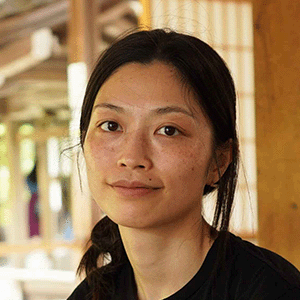
Is Technology a Challenge or Solution to Elder Care in China?
The rapidly aging population, the family reconstruction, and the reform and opening-up have led to the care crisis in post-reform China. This preliminary research questions why people start imaging care robots as a promising solution when struggling to find trustworthy and qualified caregivers. The complications of the COVID-19 pandemic led to an expansion of this project from a strict focus on care robots to the larger technological realm, including social media and smartphones. It also looks into different challenges that elders and adult children face in using technologies, such as the “health code” and gathering information, in daily care practices during the pandemic.
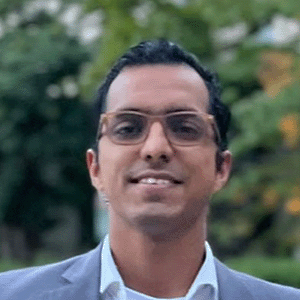
Militarizing the Psyche: Kinship, Mental illness and the State in Pakistan
My dissertation project uses participant observation and interviews with combatants, their families, psychiatrists and local healers to understand the general category of pagalpan (madness), with acute symptoms referred to as dauras (seizures). I argue that two social features shape the way pagalpan is interpreted, experienced and treated: the presence of spiritual entities, and the intense relational experience of violence, intimacy and care in extended kin groups. Whereas is some cases pagalpan is not identified or suppressed, in other cases it is attributed to supernatural forces. My project explores the experience of soldiers. In particular, it explains how soldiers in combat with Indian troops in Siachen experience non-specific symptoms which are treated as “dodgy” by military physicians, sometimes with lethal consequences, where officers in command also use pagalpan to dismiss challenges to authority. Then it explores the ambivalent attitudes toward mental illness in Pakistan in general, with families treating psychosis as signs of divine inspiration, political awareness as well as abnormality (ajeeb), instead of representing someone as wholly pagal (mad).
My project also addresses how prison behaviors are extended by soldiers into their domestic space to manage illness among kin. This in turn increases the frequency of illness including accusations about pagalpan and conversely its concealment among family members. Finally my project explores how in the context of the ongoing war on terror, excessive policing of neighborhoods and households also results in arbitrary incarceration with family hearsay routinely leading to patients to be taken to psychiatric hospitals, where patient-prisoners are put under pressure to demonstrate improvements, despite acute forms of mental illness, resulting in a turn to healers, where their illness is not dismissed as pagalpan, but considered through the moral lens of piety and jinn affliction.
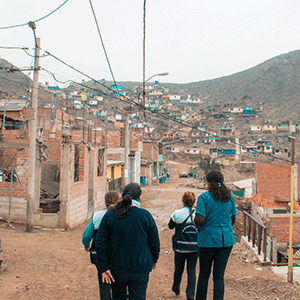
Deinstitutionalization Unfolding: The Transition to Community Mental Health in Lima, Peru
Since 2016, Peru has been deinstitutionalizing mental healthcare for people with severe psychiatric disorders. The country is transitioning from a model based in asylums and psychiatric hospitals towards a Community Mental Health Model. The process of deinstitutionalization is recruiting and mobilizing a variety of individuals: psychiatrists, nurses, social workers, and neighbors. My project asks how deinstitutionalization affects the daily lives of residents in the hosting community of “Ciudad Norte” an impoverished district in the outskirts of Lima, where the reform started. My project will contribute to the theorization and conceptualizing of surveillance as care, and the resulting transformation of the boundaries between clinic and community.
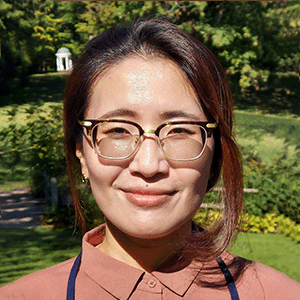
COVID-19 Government Measures and Everyday Life of People on Jeju Island, South Korea
Many of those who endured the violence of Jeju Sasam (also called Jeju 4.3) are now in their 70s and 80s, residing in single-person households in South Korea, and their families have been dispersed throughout Osaka and the mainland in pursuit of economic opportunities. Through the grants from Society of Psychological Anthropology/Robert Lemelson Foundation, which facilitated preliminary fieldwork, I completed biweekly virtual interviews with 10 households on Jeju Island to examine how bureaucratic mechanisms that legitimate government support during the pandemic exacerbate precarity in daily life of people in South Korea.

Healing in the As-If:” Political Subjectivity and the Aesthetics of Pain in Israeli Psychodrama
This project asks how therapeutic theatre might shape political subjectivity and imaginations of the self. In response to both catastrophic and chronic violence, I track how, within as-if scenes, artistic and therapeutic norms intersect to shape expressions of pain. Due to the sudden onset of the COVID-19 pandemic, my research tracked understanding shifts in a picture of a recovery when an embodied, performance-based repertoire of techniques would pose serious risk to others. Moreover, the RLF grant funded my participation in clinical psychodrama coursework. This helped me develop fluency in my interlocutors’ technical vocabulary in preparation for dissertation fieldwork.
